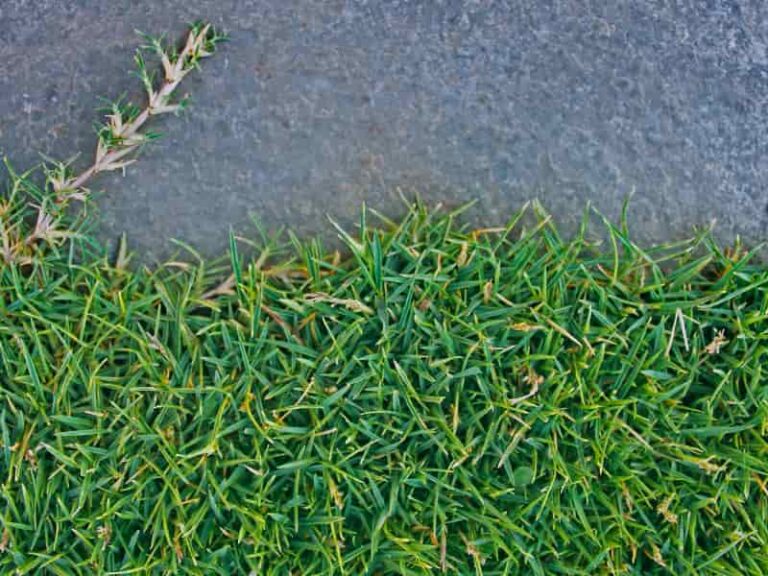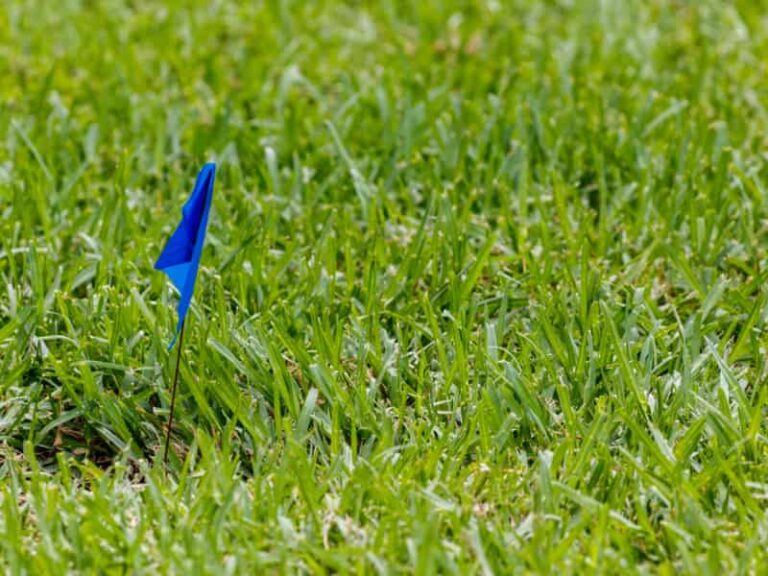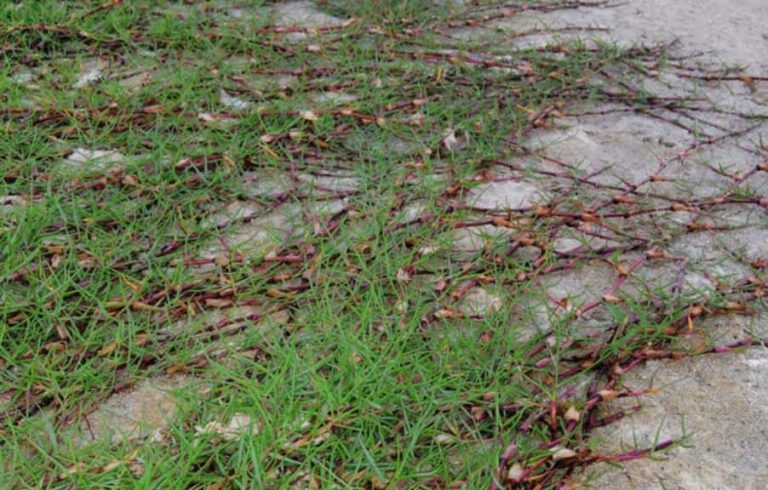Bermuda Grass Pros and Cons
Bermuda grass is a warm-season perennial grass widely used as a turfgrass in the southern region of the United States and similar climates in the world. It has many desirable attributes, but it also has a few disadvantages. If you want a lush and green lawn, this might be one of the grasses to consider.
Bermuda grass is drought tolerant and one of the most resilient turfgrasses in warm areas and dry conditions. It also recuperates faster from damage and impact. Most homeowners prefer this turfgrass because of its dense and rapid growth. However, it is a high-maintenance grass that needs constant mowing. It is also less tolerant of shady areas.
Is Bermuda grass good for lawns?
Bermuda grass is a great choice for lawns, especially in warm areas. It’s a popular choice in the Southern region. Its rapid growth makes it an exceptional choice if you regularly mow your lawn.
Mulching needs to be done with partially rooted material or material in the first stages of decomposition. Using fresh materials like grass clippings will deprive the soil of nitrogen and damage the grass.
Bermuda grass makes a lush, green lawn because it is darker in color than most turfgrasses. It is also fine textured with a thin glass blade. It has a deep, extensive, fibrous root system that binds the soil and a high shoot density.
However, Bermuda grass is excellent for your lawn if it’s the only grass. It will infiltrate and overtake other types if you mix it with different grass types like Zoysia and Fescue.
Most homeowners prefer Bermuda grass since it’s easier to keep it at the desired length by mowing.
Hybrid varieties are the best for lawns because they have fewer disease issues and have superior tuff texture and density. However, hybrid varieties need more lawn care than other types of Bermuda grass. They are mostly used in high-quality or high-maintenance lawns, sports fields, and golf courses.
As a warm-season grass, it establishes well in warm soil and air temperatures, most notably in late spring and summer. The best time to plant or seed your lawn would be late spring or early summer.
A flourishing Bermuda grass lawn needs proper care and maintenance. Water regularly until the seeds sprout. Although it is a drought-resistant turfgrass, adequate water keeps it lush and green. A good irrigation system will make your work easier.
Mow your grass at an ideal height of one to two inches. Bermuda grass will grow faster in favorable conditions. Therefore, it will require weekly mowing.
Bermuda grass requires about four pounds of fertilizer per 1000 square meters. However, this is dependent on the soil’s fertility. Ensure you perform a soil test before fertilizing your lawn. During peak growth seasons, your grass would require more fertilization of about twice monthly.
Fast-growing turfgrass such as Bermuda grass produces thatch. Avoid applying excessive nitrogen fertilizer and irrigating deeply to prevent thatch buildup. Aerate your Bermuda lawn once annually to reduce soil compaction. Use a core aerator to ensure the soil is loose enough to let water, air, and essential nutrients seep through.
Contact a specialist if taking care of your Bermuda lawn becomes a challenge.
Advantages of Bermuda grass for lawn
Bermuda grass has numerous traits that make it one of the best options in the tropical, sub-tropical, and Transition areas. Here are some benefits of planting Bermuda grass.
- Bermuda grass pasture is highly nutritional and is a good option as forage grass. It makes excellent fodder for continuous grazing and hay for livestock.
- It has exceptional drought and heat tolerance. Bermuda grass will tolerate low rainfall. Its ability to produce seed heads allows it to survive in dry conditions. Although the grass dries during the drought season, it revives once the dry spell is over.
- It also has superior tolerance of humid areas and fair soil salinity tolerance. Thus, it does well in coastal areas.
- Bermuda grass establishes rapidly, and it’s one of the fastest growing warm-season grasses. This makes it easy and economical to establish on your lawn. It also outgrows many weeds. Ensure you mow bermuda grass to the correct height for beautiful lawn
- It tolerates a wide range of soil conditions where other turfgrasses hardly thrive. It thrives in soil pH between 5.8 and 7.5.
- Unlike many warm-season grasses, you can start Bermuda grass by planting seeds, sods, or plugs. Many varieties are available as seeds that remain in the soil for around two years. Available seeds in the market include Pennington Smart Bermuda Grass.
- Bermuda grass is durable. It can withstand more impact than most turf grasses. Therefore, it is the perfect fit for heavy traffic areas. It also recovers from wear and compaction faster, making it preferable for natural sports fields. Its one of the the best grass variety for golf course.
- It is fairly resistant to pests and weeds. Its rapid growth and dense nature enable it to compete against encroaching weeds. It can withstand a variety of pests such as Mealybug, Army worm, Cutworm, and mites in ideal conditions.
Disadvantages of Bermudagrass
Despite having beneficial attributes, there is a downside to choosing this turfgrass. Here are some of the reasons to consider before planting Bermuda grass on your lawn.
- Bermuda Grass isn’t winter-tolerant and is sensitive to freezing temperatures. Consequently, its low cold tolerance limits its use to southern areas and transition zones. In the cold season, it becomes dormant, turns brown, and leaves the ground bare, increasing chances of erosion.
- Bermuda is not shade tolerance and prefers full sunlight to grow and thrive. It would not be suitable for areas under trees and buildings and would gradually thin out.
- This type of grass is spread by stolons and rhizomes. Its rapid spread makes it challenging to control in pathways and flowerbeds. Its aggressive growth accelerates thatch build-up which requires frequent mowing and maintenance. That rapid growth makes the grass a menace if you try to get rid of it.
Is Bermuda grass a weed or turfgrass?
Bermuda grass is considered turfgrass when it is grown to beautify lawns. However, it is considered a weed in Northern areas when it takes over other grass variants.
Its woody rhizomes and stolons and its seed-producing ability have made it a fast-growing weed. It is invasive and damaging to crops and other grasses in lawns, gardens, and fields – a farmer’s nightmare.
Bermuda grass is a problematic weed to crops such as sugarcane, corn, cotton, and plantation crops worldwide. It is considered a bothersome weed in 40 crops in over 80 countries. It has also been observed to invade cool-season turfgrasses and alfalfa hay fields. Worldwide, getting rid of Bermuda grass weed is a challenge.
Deep hoeing or plowing up to 60 cm deep removes invasive Bermuda grass. Chemical control using herbicides is also a great alternative for weeding out the invasive grass. You need several herbicide applications during summer to control the weed. Selective herbicide is better if you want to maintain other turfgrasses.
Invasive Bermuda grass is monitored closely, and it is spot treated as soon as there are signs of an invasion.
References
- University of California Agriculture and Natural Resources;Bermuda Grass Management Guidelines


![Bermuda Grass Mowing Height [How Short Can You Cut?]](https://lawnmodel.com/wp-content/uploads/2020/12/Bermuda-grass-mowing-height-how-short-can-you-cut-bermuda-grass-768x527.jpg)


